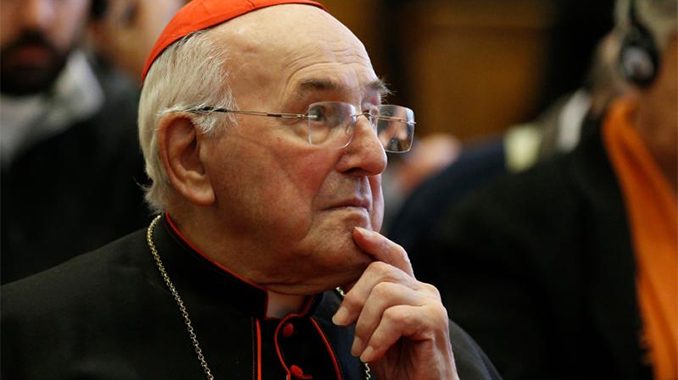
Rome (kath.net/as, December 30, 2017). At the end of a high-speed, “accelerated” year, here to “slow things down” is a conversation with the Church historian and theologian Walter Cardinal Brandmüller. I thank His Eminence for the time that he has generously given us, and wish him the best for the Year 2018, which promises to be exciting.
2017 was a banner year: the 500th anniversary of the Protestant Reformation. Luther and aspects of Protestantism dominated quite a few theological and historical discussions. Particularly with regard to the Catholic Church, some commentators thought that they could or must say that a radical “reevaluation” of Luther is in the offing. Pope Francis declared as recently December 7, 2017, that the ecumenical path called forth by the Holy Spirit has led us “to give up the old prejudices such as those about Martin Luther and about the state of the Catholic Church in that time”.
One article in the October issue of the Jesuit journal, La Civiltà Cattolica 4016 (2017/4): 119-130, said that the Wittenberg theses were neither a challenge to nor a rebellion against authority, but rather “the suggestion to renew the proclamation of the Gospel, in a sincere desire for a ‘reform’ in the Church”. For the Jesuits (and their publication, which is supervised by the Pope personally), the problem consists of the claim, both by the Church and by Luther, to embody the whole truth. Nevertheless, it says, Luther’s role as a “witness to the faith” must not be denied.
What “prejudices” could they mean? Does this de facto lift Luther’s excommunication posthumously? Is Luther now to be elevated to the rank of “Doctor of the Church of authentic reform”? Was the Reformation a time of the “working of the Holy Spirit”, as one representative of the Italian Bishops’ Conference opined? Were the Popes and the Church together with the Council of Trent wrong in declaring Lutheranism a heresy that endangers the truth of the faith?
Cardinal Brandmüller: It did not take the “Luther Year 2017” to overcome on both sides the conventional denominational-polemical historiography that was common until around World War I. At the very latest by the end of the Nazi dictatorship, under which Catholics and Protestants of the “Confessing Church” suffered in the same way, scholars on both sides found a way of writing about Luther or the Reformation that relied on an objective, sober depiction of the facts, based on the historical sources and the critical interpretation thereof. To talk about the need on the Catholic side to reevaluate Luther therefore shows plain ignorance of the actual state of the scholarship or of the relevant literature.
As for the famous 95 theses, we should say that in fact they could be understood by and large in a properly Catholic way. They were the expression of the protest of a committed priest against misunderstandings and abuse of indulgences.
That lasted, though, for less than three years; then Luther, in his three famous so-called “Kampfschriften” [“challenge treatises” in which he threw down the gauntlet] from the year 1520, made public his radical break with elementary tenets of the Catholic faith—and did so with unprecedented vehemence and severity. How he could have arrived interiorly at this break is a question that historical research to this day has been unable to explain satisfactorily. To see Luther as a witness to the faith, though—or, as has already happened also, as a “Father in faith”—is altogether erroneous, for the reasons mentioned.
So they are talking about “prejudgments” against Luther? And you talk about Luther’s excommunication?! Well, about a man who has been dead for 500 years there can only be “post-judgments”, obviously. The first thing to be said is that Luther’s excommunication is an historic fact. How do you intend to do away with it? And as for the excommunicated man himself—here the principle from Roman law applies: mors solvit omnia—death resolves everything. Therefore it is downright naive to demand that Luther’s excommunication be lifted. The fact that such a demand often continues to meet with applause in the media just goes to show their rather naive, distorted relationship to the past and to history.
You ask whether Luther should be elevated to the rank of “Doctor of the Church of authentic reform”? Well, now, first you would have to explain what you mean by “reform”. One thing about it is clear: the reformed man or woman or thing must be identical to the one that is to be reformed. If not, then that was not a reform but a change. Now, the Church of Jesus Christ can and should always become “different”, in other words more and more perfect. But Luther intended—according to the Protestant Church historian Franz Lau—a “radical upheaval”. And, in his treatise, “To the Nobility of the German Nation”, he announced that he would tear down three walls.
He sees the first wall as the priesthood founded on Holy Orders, the second as the Church Magisterium based on a mission from Jesus Christ, and the third as the existence of the papacy. The fact that these “walls” rested on a firm biblical foundation was of no interest to the angry Augustinian friar. Once he has torn down those three walls, Luther sees the collapse of the whole structure of the papal Church.
To maintain that this total break [with the Church] was a “work of the Holy Spirit” is an utterly fantastic claim, which can be explained only by absolute ignorance of the documents and facts of history, which for a bishop is more than astonishing. And as for the Council of Trent: It was and remains an Ecumenical Council, and this is, with and under the Pope, the highest-ranking organ of the Church’s Magisterium; its definitively promulgated teaching is infallible…. Its doctrinal decrees are valid forever.
The past year was marked by discussion about the Apostolic Letter Amoris laetitia, among other reasons because you, together with their Eminences Carlo Caffarra, Raymond Leo Burke and Joachim Meisner, brought up five dubia, that is, points needing clarification since the foundation of the Church’s universal, unalterable teaching is at stake. Could you explain what the substance of these “dubia” consists of?
Cardinal Brandmüller: The questions (dubia – doubts) submitted according to the usual procedure to the Holy Father and to the Congregation for the Doctrine of the Faith have the following content:
1. Can a person bound by an existing bond of marriage who lives together as husband and wife with a new partner (AL 305, footnote 351) receive “absolution and Communion” in certain cases?
2. Are there absolute moral commands or prohibitions that oblige without exception and under all circumstances? (e.g. the killing of an innocent person)?
3. Is it true now as before that someone who persistently lives in adultery is objectively in a state of serious sin?
4. Are there situations in life that diminish moral responsibility to such an extent that immoral activity (in this case: adultery) can thereby be morally excused, or even justified?
5. Can a personal decision of conscience allow exceptions to the absolute prohibition of actions that in themselves are immoral?
As you see, these questions concern the foundations of the faith and of moral teaching. If we follow that teaching, then questions 1, 4 and 5 would have to be answered with an unambiguous No, and questions 2 and 3 with Yes.
The debate about Amoris laetitia as well as the discussion about causes such as “Marriage For All” [including same-sex couples] have often made it clear that some are demanding an “anthropological revolution”. In short: a radical new interpretation of what a human being is and how he can and should live.
Can you start with the question of whether this perhaps has something to do with a deficient understanding of the natural law, which can be observed both in the field of theology and also in some sectors of the hierarchy?
Cardinal Brandmüller: If someone thinks that homosexual persons enter into a “marriage”, or that by means of surgery one can undertake sex changes and other interventions into the nature of a human being, then this is a downright perverse rebellion against the order of creation, against the nature of the human being as willed and created by God. To act in a way that contradicts this nature is the self-destruction of the human being. To talk about a “new interpretation” would be to downplay the matter mendaciously.
It is in fact quite worrisome that this ideological confusion goes so far that people think that they can take subjectivism to extremes. That then would be to say “No” to one’s own creaturehood and to the Creator. Man on God’s throne! A grotesque, absurd, apocalyptic notion.
Commentators on many sides observe or lament the confusion that prevails in the Church. Many believers who “until now” could shut their eyes and “rely on Rome” feel now as though they have been driven into homelessness and left alone in a culturally turbulent era. At issue is not so much the loss of certitudes as instead the perceived lack of “support and encouragement” along a rocky path.
Catholics often get the impression that nowadays it is all about encouraging those who are far off, telling them that it is okay to be where they are, whereas the scolding is reserved for those who are nearby. What do you think about this historically unique situation?
Cardinal Brandmüller: You correctly speak about a spreading confusion. In this situation, which was foreseen by Saint Paul—see the Letters to Titus and Timothy—the important thing is to take our bearings from the Tradition of the Church, which is guided by the Holy Spirit and has found its concrete contemporary expression in the Catechism of the Catholic Church. Whatever contradicts this catechism—regardless of the source of the contradiction—is not Catholic truth.
Anyone who believes with the Catechism and lives accordingly is on the right path. Admittedly, right now it is leading through darkness, fog and impassable terrain.
Now, as for your question about “those who are far off”, people who do not know the faith of the Church, faith in God, or reject it altogether: Of course a Catholic, a priest or even a bishop cannot acquiesce in the growth of the number of these people. He must be anxious to show to such contemporaries also—and they have long since been in the majority—the way to the faith without which there is no eternal salvation. Jesus Himself did not preach, “Stay right where you are,” but rather: “Repent and believe the Good News!” The fact that people get on each other’s nerves in intramural Catholic quarrels instead of caring about the eternal salvation of the multitude testifies to an alarming lack of spiritual vitality among the Catholics of our times.
Then you talk about an “historically unique situation”. I would not agree with you without further clarification. At the time of the Arian crisis—the Arians did not believe that Jesus is of the same nature as God the Father—the overwhelming majority of the bishops in the Eastern half of the Roman Empire had fallen into error. Only through the Councils of Nicaea and Chalcedon would this lethal threat to the faith be overcome: The Lord was and is still today in the boat—even though He seems to be asleep.
(Translated by Michael J. Miller)
If you value the news and views Catholic World Report provides, please consider donating to support our efforts. Your contribution will help us continue to make CWR available to all readers worldwide for free, without a subscription. Thank you for your generosity!
Click here for more information on donating to CWR. Click here to sign up for our newsletter.




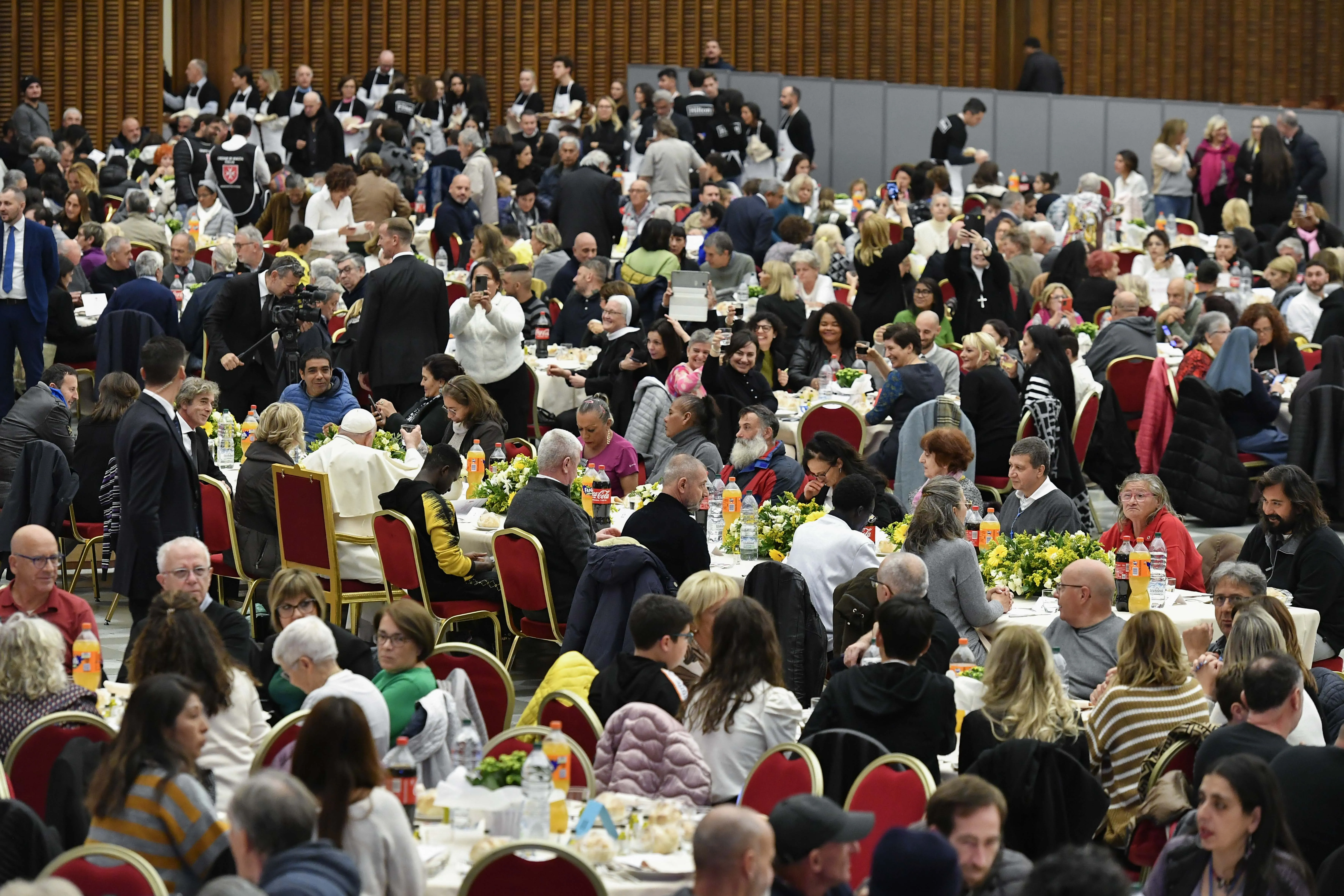
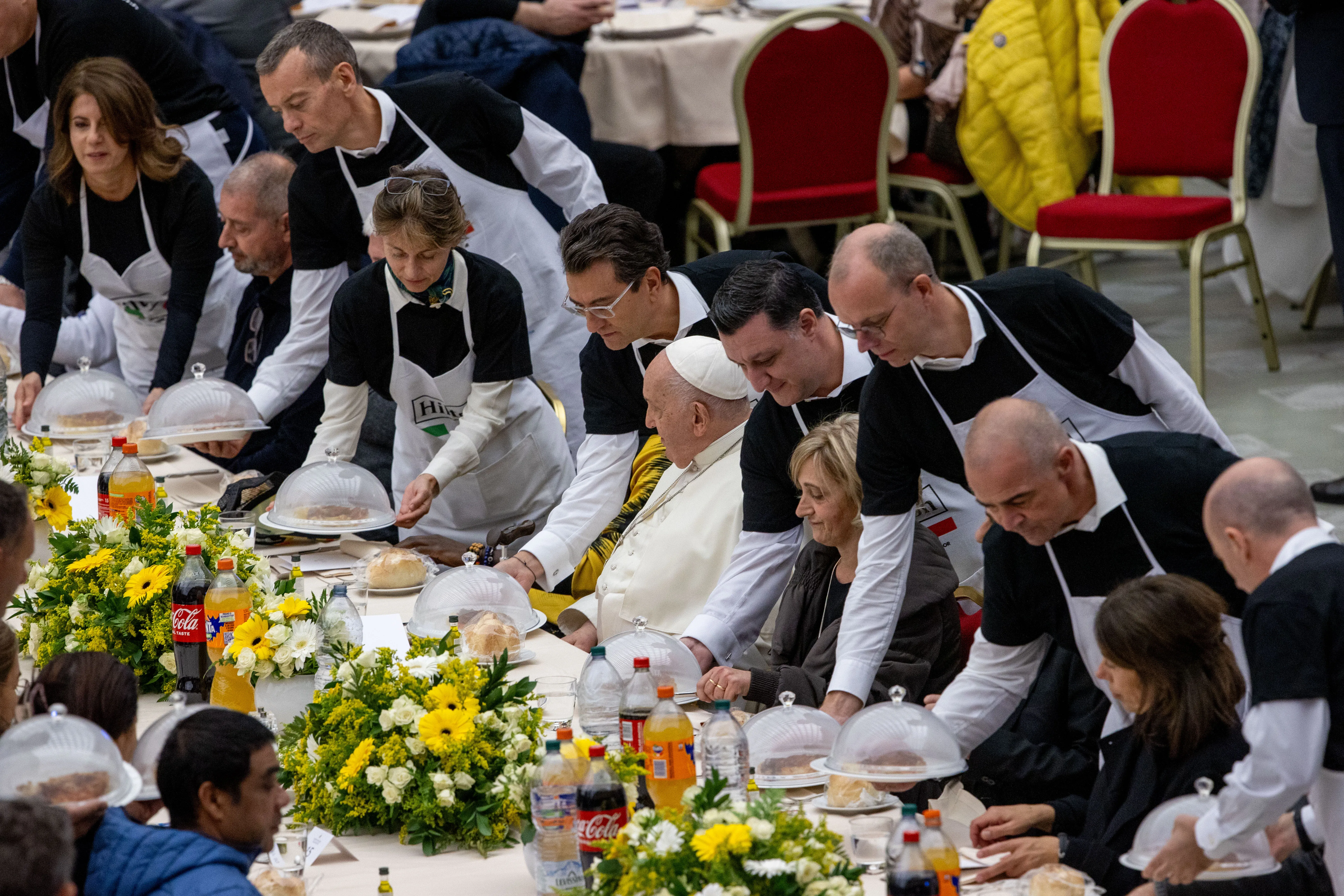
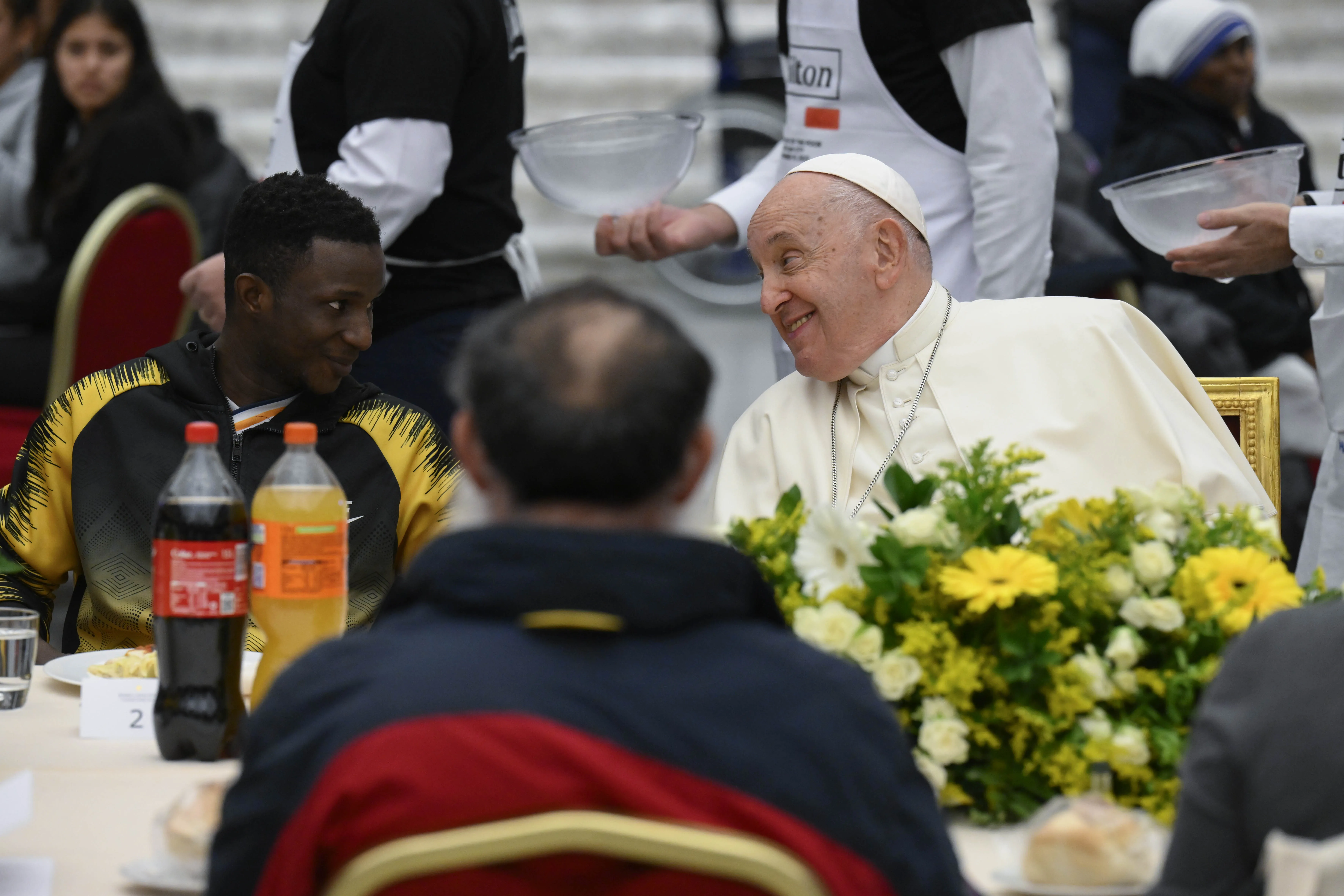
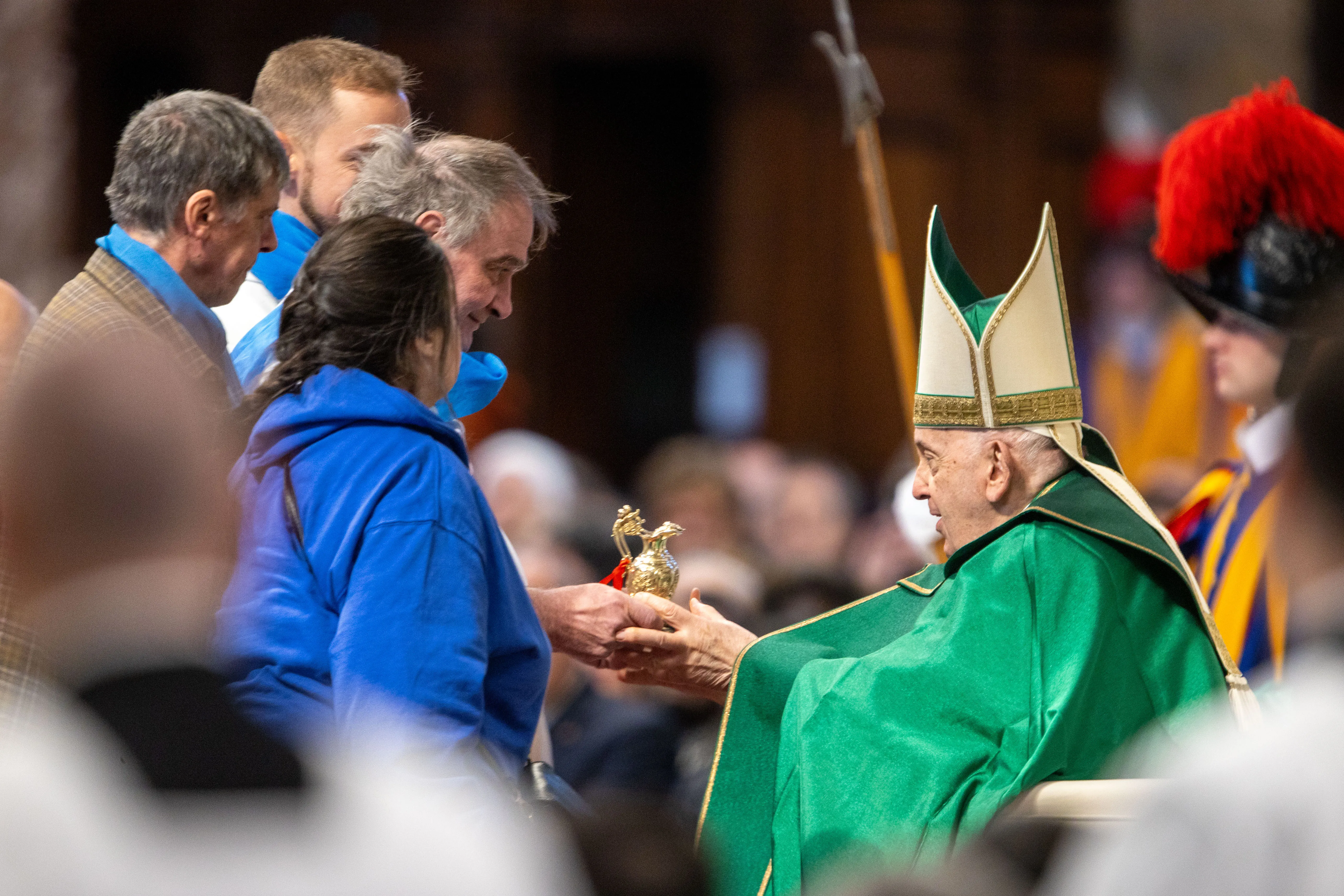
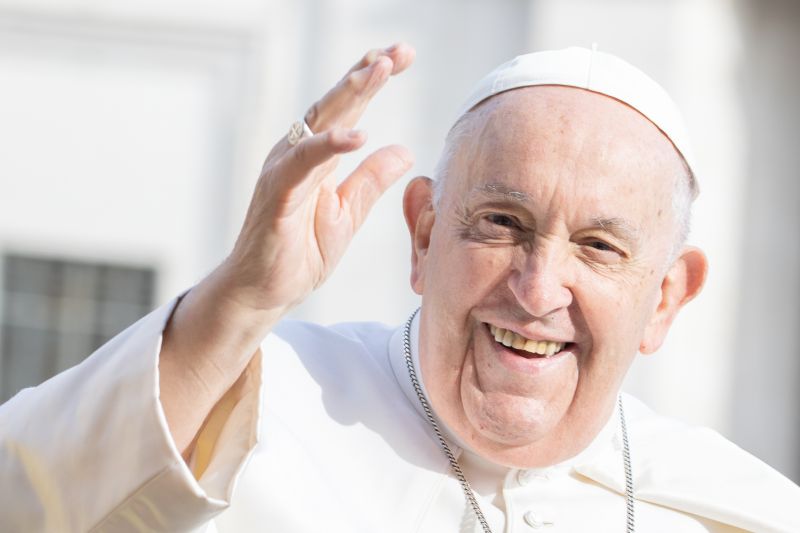
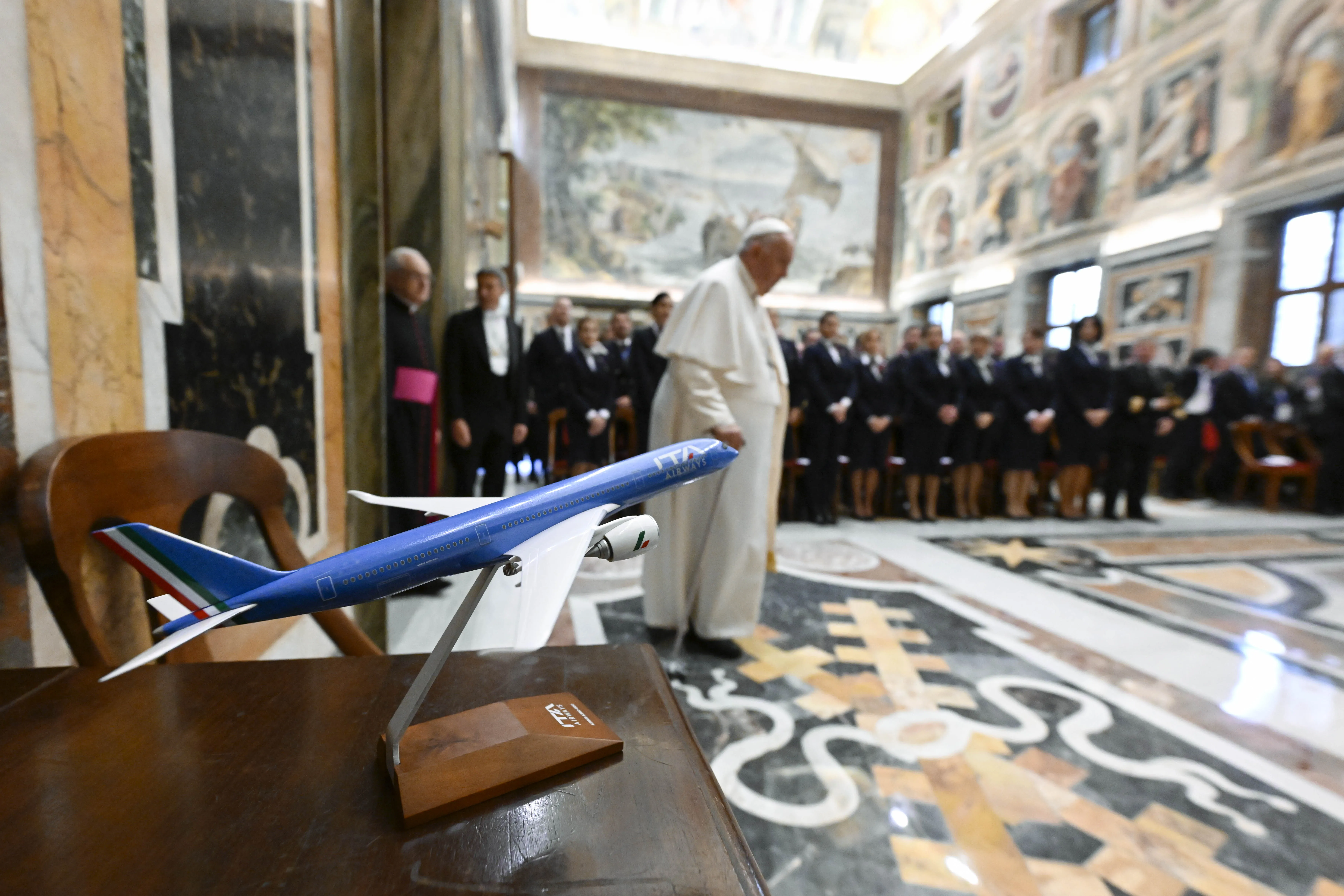
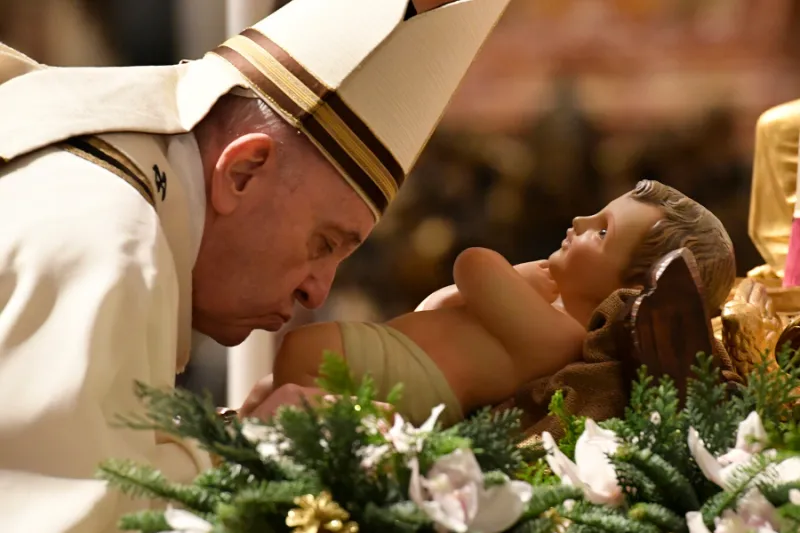

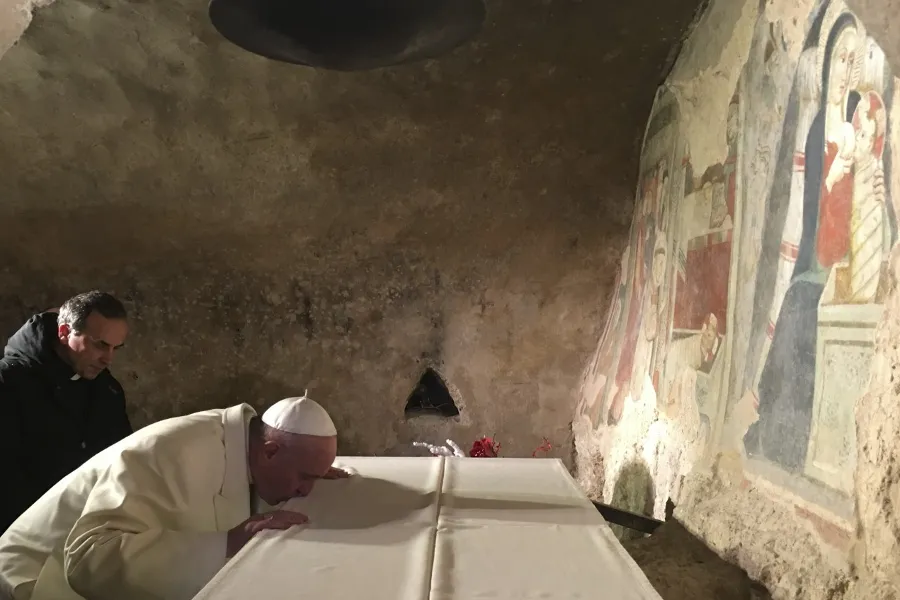





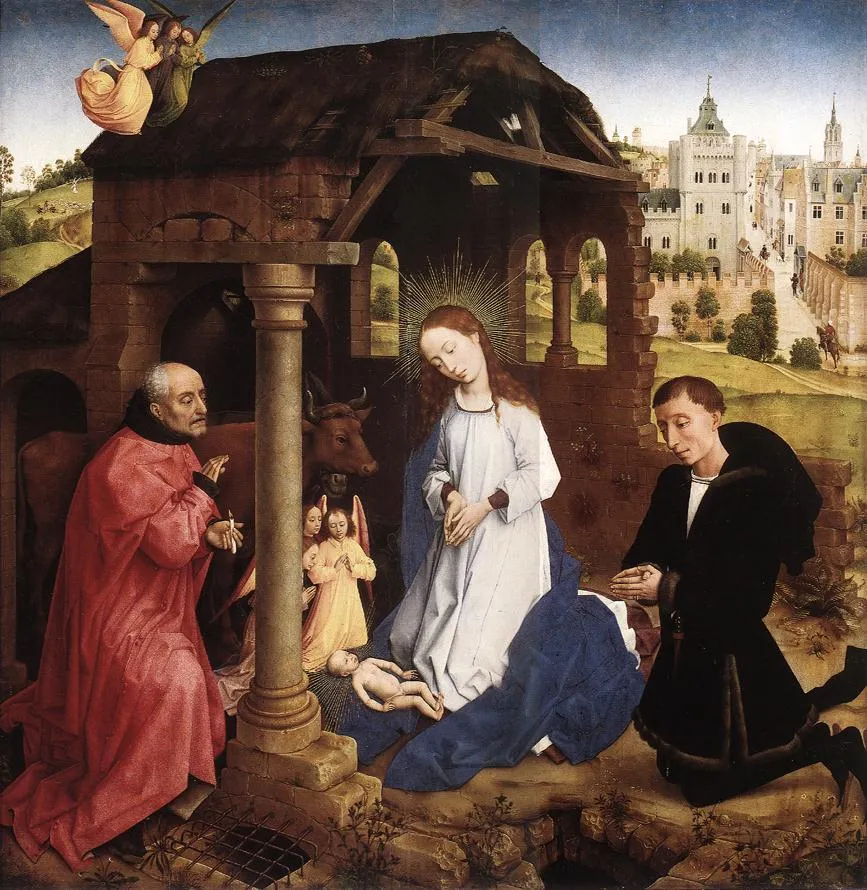
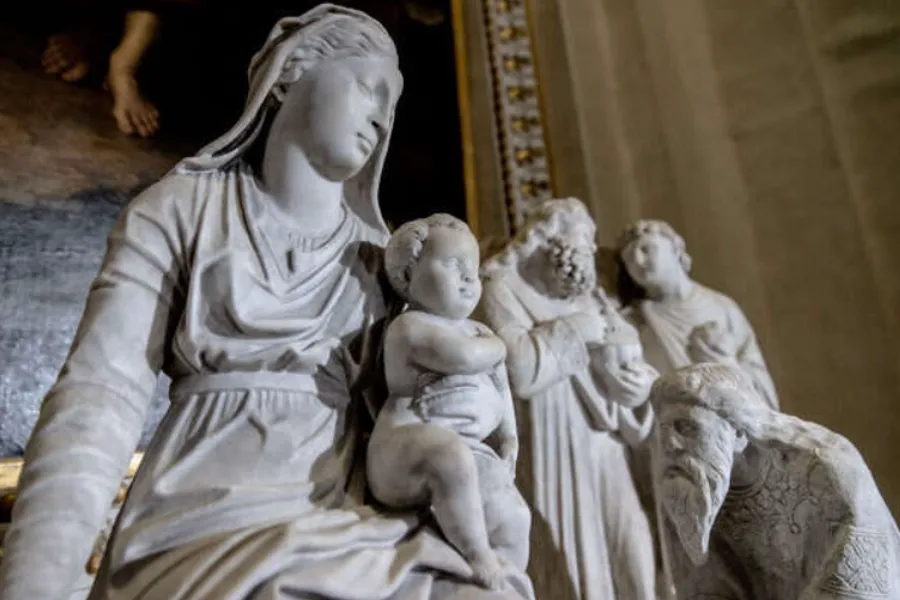
God bless Cardinal Brandmüller!
Yes! The CCC is a gift of the Holy Spirit to the Church in these turbulent times.
Good to read a solid faithful prelate discuss the faith. Cardinal Brandmueller’s assessment of the current Luther debate is correct. Clearly Luther’s earlier stance was reconcilable, acceptable. It wasn’t until he couldn’t find agreement on faith v action that faith alone saves, which is conditionally true since good works alone are evidence of faith did he become extreme and condemnable. The trend however at the Vatican is toward an apocalyptic moral shift away from the Apostolic Tradition, since the premises of Amoris that allow for gradations of culpability due to mitigation is in effect denial of intrinsic evil. That repudiates the revelation and Crucifixion of Jesus Christ. We see that error in tandem with the Vatican attitude toward homosexuality, which Brandmueller correctly says repudiates the divine ordering of nature. I hope he’s correct that Jesus is asleep in the back of our craft and will awaken soon. I don’t see his analogy of the Aryan crisis to today’s heresies because today it stems from the top, the appointed captain and affects all moral doctrine whereas few Christians were seriously affected by the Aryan controversy. If Jesus arises “from slumber” I fear a day of reckoning. Recent news from Kazakhstan is hope for a Happy New Year.
I wish the pope would read the Cardinal’s remarks.
Luther was not a reformer, concerned about abuses, he was a heretic. He inflicted the greatest harm on Christendom in history up to Vatican II. To think that the Vatican commemorated him with an official stamp, shows the extent to which the Faith has been replaced by indifference and nonsense in the high offices of the church.
The fact that Luther was a paranoid, schizophrenic, alcoholic and rabid anti-Semite who refused to control his libido can’t be stressed enough. Relativists who seemingly can’t do enough to whitewash his numerous sins need to be exposed for what they are – enemies of the Bride of Christ.
So lovely, so edifying, so truthful. Deo Gratias!
I am delighted with the men of faith who are unafraid to speak the truth and critique the false scenarios presumed to speak for the body Church and Jesus Christ. I salute the warriors of the True Faith.
This guy needs to be the Pope.
There’s always room for humor. When Cardinal Brandmueller criticized ‘disoriented’ sexual behavior during this interview he must have had a thought about the now notorious Vatican Creche. Perhaps Our Lord rewarded him with a sign. Somewhat akin to the famous Feb 11 2013 lightening strike on St Peter’s Basilica. A chuckling Pontiff went to view the creche Dec 31 2017, “And yet something very eerie and ominous happened that evening. At exactly the same time as the Pope left St. Peter’s Basilica and walked to the crèche in St. Peter’s Square, a squabble of about 500 seagulls suddenly flew up from behind the basilica and circled around the crèche. They swarmed above the nativity scene, squawking and squealing for about the exact time it took for the Pope to walk from the basilica to the crèche. They then disappeared into a night sky lit up by an almost full moon” (LifeSite).
Thank you, good Prince of the Church.
The hoof beats, nevertheless, grow louder and grow nearer.
It is later than we think. Bet on it.
With all due respect to those who find Luther’s early stances to have some value, let us note that his positions deteriorated into heresy so rapidly that there is little of value to be emulated in his initial pronouncements. By the time he “clarified” his positions, through his associate Malancthon, there was little redeemable value in them. The Lutheran churches today resemble little of Luther’s theology in many respects, hence the number of sincere pastors who are taking a serious look at Rome.
I think that we should take our bearings primarily from Scripture. If the confusion causes people to not “rely on Rome” as much as they did before, this is a good thing if it moves people to search the Scriptures for themselves because Vatican II, in Dei Verbum 21 says: “Therefore, like the Christian religion itself, all the preaching of the Church must be nourished and regulated by Sacred Scripture.”
Being Scripturally literate is a good thing.